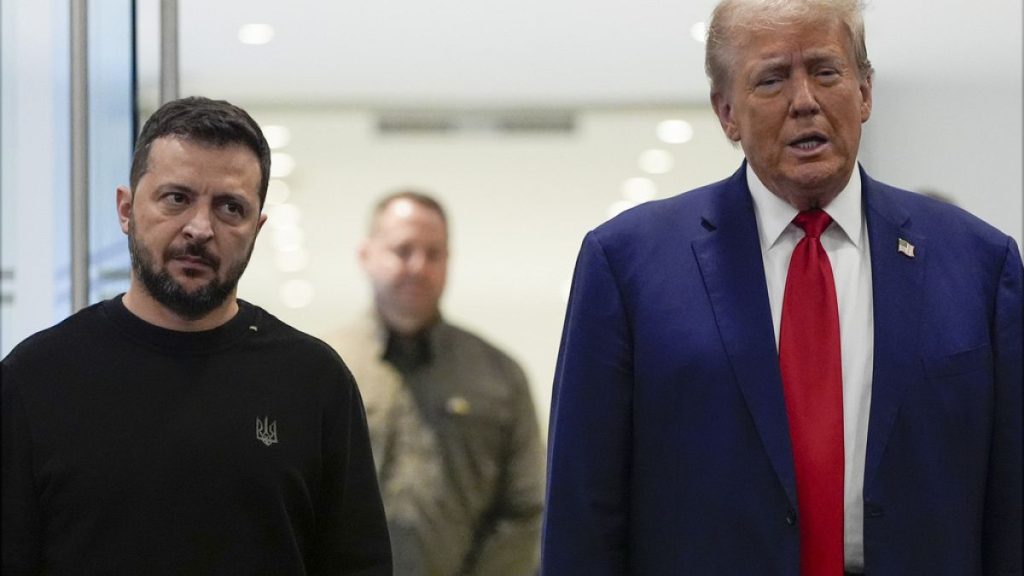The victory of Donald Trump in the US presidential election has raised questions about the future of European defense and the ongoing war in Ukraine. Trump’s campaign promise to “end the war in Ukraine in 24 hours” has sparked concerns among experts who fear that a rushed agreement could be signed to the detriment of Kyiv. Some believe that Trump’s willingness to secure a quick peace deal could result in Kyiv being forced to concede to Russian demands in order to end the conflict. The reactions in the European Parliament are mixed, with some hoping for an end to the war in Ukraine and others emphasizing the need to strengthen Europe’s defensive capabilities.
The far-right Portuguese MEP, António Tânger Corrêa, expressed hope that Trump’s presidency would lead to a resolution in Ukraine while also calling for increased investment in Europe’s defense industry. He emphasized that having a strong defense can help prevent wars and urged Europe to take steps to protect itself. In contrast, Belgian MEP Elio Di Rupo highlighted the need for Europe to develop its own industrial policy in areas such as energy, security, and defense. He noted that Europe is currently reliant on the United States within NATO for security and stressed the importance of having independent capabilities.
The concept of “America first” and American non-interventionism under Trump has prompted calls from some European leaders for the continent to take more responsibility for its own security and defense. Di Rupo lamented the lack of determination in Europe to be at the cutting edge of defense technologies and emphasized the need for Europe to have its own capabilities rather than relying on the US. The hope is that Trump’s victory will serve as a wake-up call for Europe to assert itself in matters of security and defense.
Despite the uncertainty surrounding Trump’s presidency and its implications for European defense and the war in Ukraine, there is a growing recognition among some leaders in Brussels that Europe must take the initiative in ensuring its own security. The need for Europe to develop its own industrial policy, invest in defense capabilities, and assert its independence from the US within NATO is becoming increasingly clear. Trump’s victory may serve as a catalyst for Europe to finally prioritize its own security and defense interests, rather than depending on external actors for protection.



